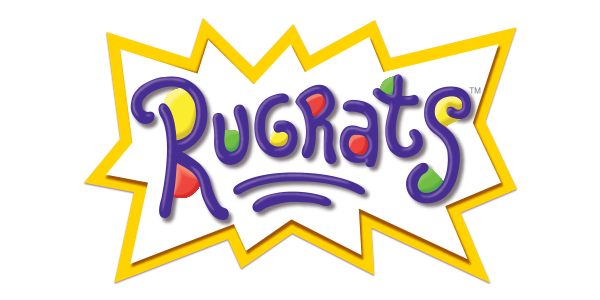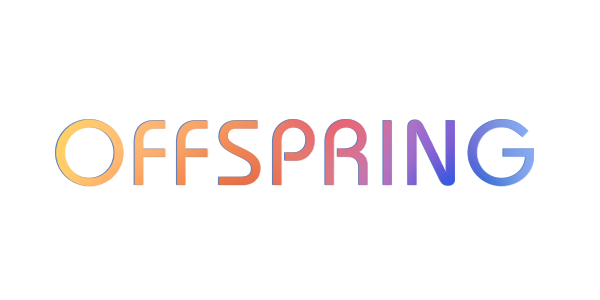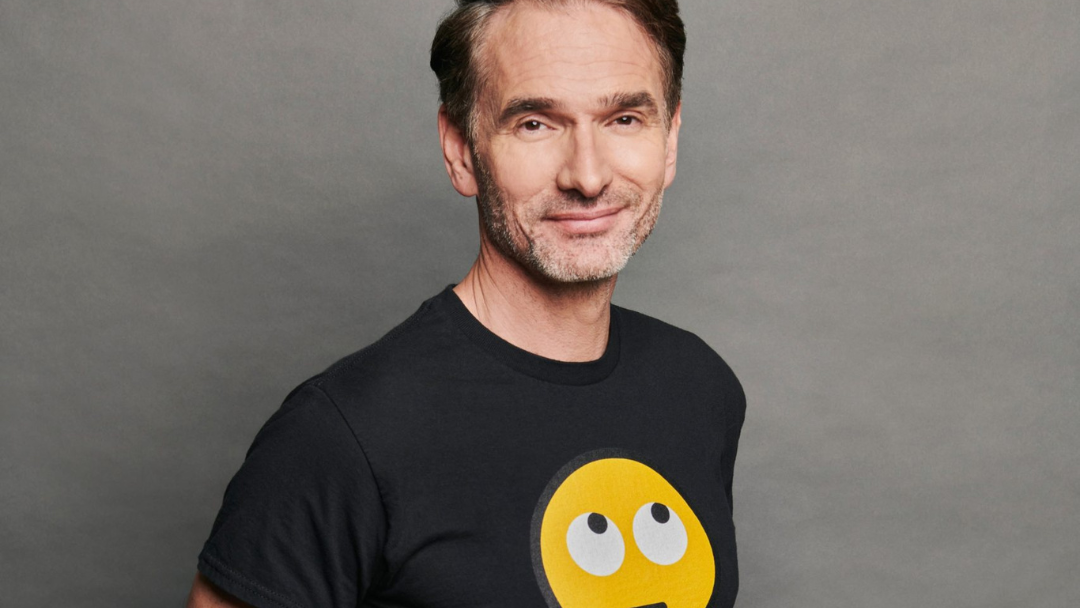From social media to dating apps, virtual reality to artificial intelligence, the internet has allowed us to be more connected than ever before. This current generation is also the first to grow up only knowing what life is like with mobile internet. We now spend over one-third of our waking time on our phones, with the average person reportedly looking at their phone over 220 times per day.
"I believe that we're on the cusp of the largest global crisis at this time and I think the impact of the internet, the influence of the internet on our children, is at the heart of that," Todd told 10 Play.
Like many of us, Todd noticed his reliance on social media was bordering on what could only be described as an addiction. Following it too closely and noticing how it affected his moods and created anxiety within him. Inspired by this insight, Todd became more interested in our relationship with the internet, and especially the consequences it could have on future generations.
"I have two teenage daughters and they're absorbed in it, they're swimming in the digital world," he said, adding that he began to notice what he described as zombies.
"All these people walking around with their eyes and their heads in their phones. Bent over, crossing streets, riding bikes, driving cars and they're just in these phones like they're troughs. Like they're being led by this device.
"Once you see a zombie and you are conscious about it, you realise they're everywhere," he added.
In the first season, Mirror Mirror investigated body dissatisfaction and how the many facets of modern culture can exploit that. In season two, titled Mirror Mirror Love & Hate, the two episodes focus on a multitude of subcategories of life and how the internet has penetrated them through the prism of love or hate.
Related Article - Todd Sampson’s Mirror Mirror Season 2 Is Coming Soon
"I thought, let's go back to the basics of what it is to be human and that is about love and it is about hate, and let's see how the internet impacts both of those," he explained. "The episodes are very different from each other but they carry a similar skeleton."
In a shocking moment, Todd is introduced to the website Omegle, a site that randomly pairs users into a one-on-one video chat. Paired with many men whose cameras were all pointed at their genitals, Todd and his team also stumbled upon groups of children as young as 9 years old.
"What we show on air is what we could show. It was the sanitised version of what we experienced," he added.
"I know there'll be young people watching and they'll go, 'Okay it's a bit of fun, whatever' and that might have been true... but there's going to be a 10-year-old whose parents are divorcing, who is scared and lonely, sitting under the covers and opens this [site] up.
"That's what we have to be careful of. We have to protect the weak, not just the strong. Good societies protect everyone and I think we need some protection now."
With a background in the advertising industry and now working in media, Todd has firsthand experience in the machinery used to make money through attention-based advertising models. His social media presence is now limited to promoting his projects or appearances.
"I got rid of all the apps on my mobile device, so they only exist on my desktop, and no notifications on my phone," he added. "I realised I'm just happier. I own my time now, I'm not at the beck and call of every beep... every phone call, of every person who wants to reach out.
"I'm not at the beck and call of 'did someone like my content?' because I don't look. You can like it or you can not like it. That's okay, I'm not following it. I'm not allowing direct access to me."
Stressing that he's in no way a Luddite, Todd hasn't made the series to reject technology, social media or the internet in totality. "The internet has connected millions of people around the planet, this has revolutionised our lives, I'm not against that.
"I think we're sleepwalking into their metaverse and it's only now that we're realising the fundamental impact technology is having on us and our children."
Cyberbullying, catfishing, misinformation and revenge porn are some of the terms we've become familiar with while navigating the internet, each of which comes with a litany of real-world and psychological consequences. A professor of psychology at San Diego State University reports that teens who spend three or more hours a day on electronic devices are 35 percent more likely to have a risk factor for suicide.
"We used to believe the problems with the internet were screentime," Todd said, "we used to believe it was all about how much time kids spend on the devices that was the problem... but that screen time is not the problem.
"The recent research has come out, it’s clear, the real problem when it comes to mental health, suicide, self-harm, bullying is the Like button that was introduced in 2009, that’s the problem."
Ahead of Mirror Mirror Love & Hate's premiere, Todd hoped viewers wouldn't see the docuseries as mere alarmism.
"We're still the first generation that's only known the mobile internet. We are now getting the research, we are now getting the findings. We can make changes.
"We can keep the internet and still regulate safety into the system. It's possible and that's what we need to do."
Season 2 of Mirror Mirror premieres across two nights, Monday, October 10 and Tuesday, October 11 at 7.30pm on Network 10 and 10 Play on demand



























